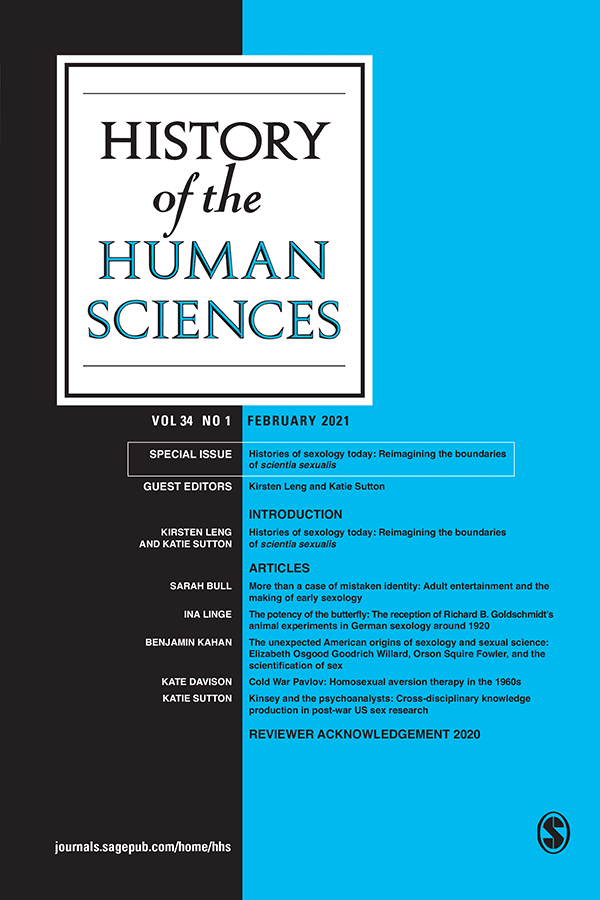
The Family Planning Association and Contraceptive Science and Technology in Mid-Twentieth-Century Britain

news, new scholarship & more from around the world


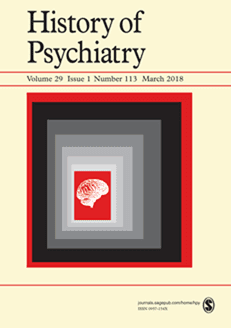
History of Psychiatry, Ahead of Print.
Expansive autopsychosis, grouped with cycloid psychoses – an illness entity of double origin: (1) Morel’s notion degeneracy, reformulated by Magnan and Legrain (reflected in Wimmer’s concept: psychogenic psychosis); (2) Wernicke’s, Kleist’s, Bostroem’s (and later Leonhard’s) notion of these purportedly independent conditions. Locked in the Danish language, Strömgren and Ostenfeld provided important contributions to this field, exemplified by Ostenfeld’s casuistry, translated in this Classic Text.

History of Psychiatry, Ahead of Print.
Ancient Greek and Latin medical authors considered a flight into solitude a compelling sign of mental disturbance, frequently described as misanthropia, a word fraught with meaning beyond the medical discourse. The fictionalised character Timon of Athens, the quintessential misanthrope, can shed light on ancient cultural concepts of self-imposed isolation from human contact. To cope with the sense of unease this deviant behaviour induced, misanthropia was explained as ‘madness’, ridiculed in various genres of humour, morally condemned in philosophy, and ultimately demonized in Christian cosmology. These various attempts at containment echo in the medical works of the age, making it impossible to comprehend the concept of misanthropia in ancient medicine without taking full account of the cultural context.






EpsteinStephenThe Quest for Sexual Health: How an Elusive Ideal Has Transformed Science, Politics, and Everyday Life, Chicago, IL: University of Chicago Press, 2022. Pp. xii + 449. $30.00. Pbk ISBN 978-0-2268-1822-1.


Arnold-ForsterAgnes. The Cancer Problem: Malignancy in Nineteen-Century Britain. Oxford: Oxford University Press, 2021. 272 pp.

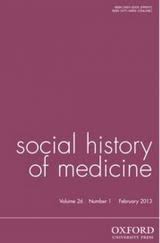

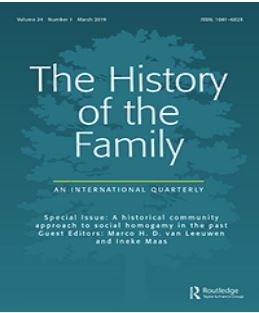
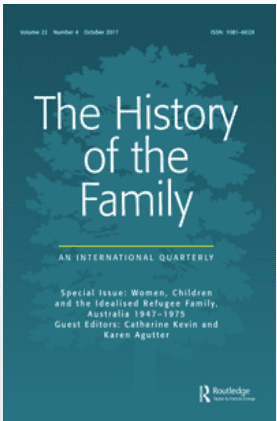
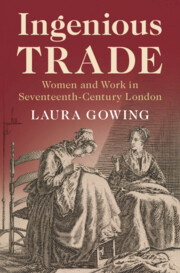
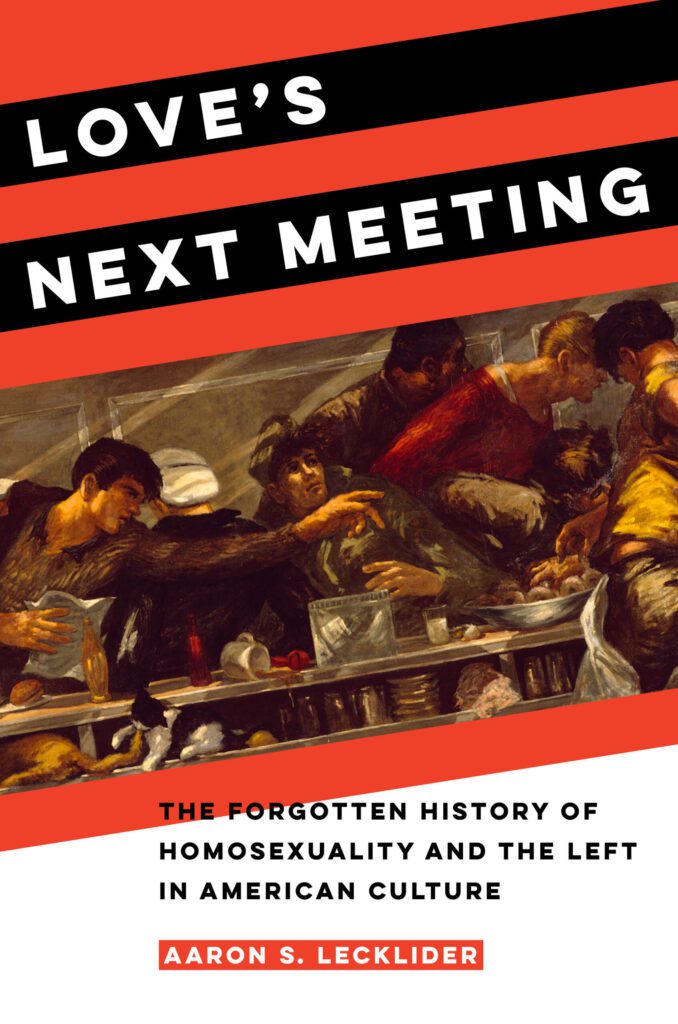
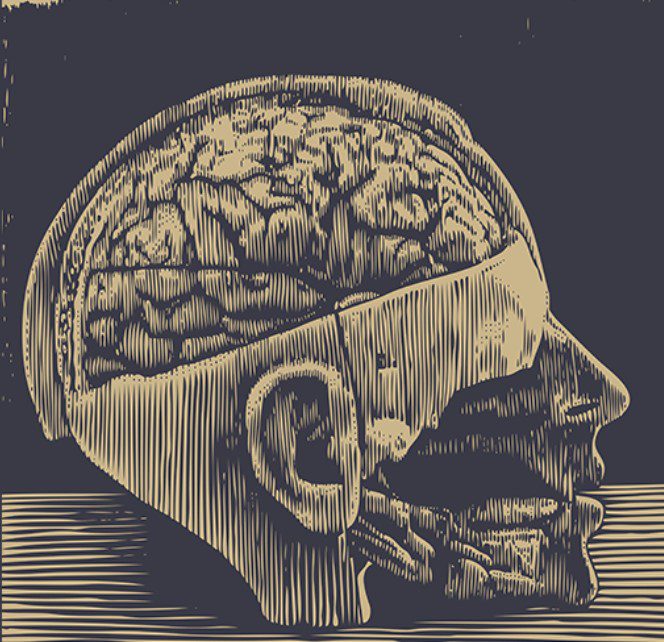


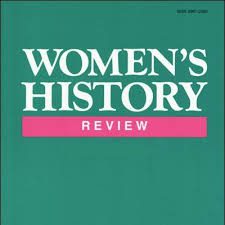
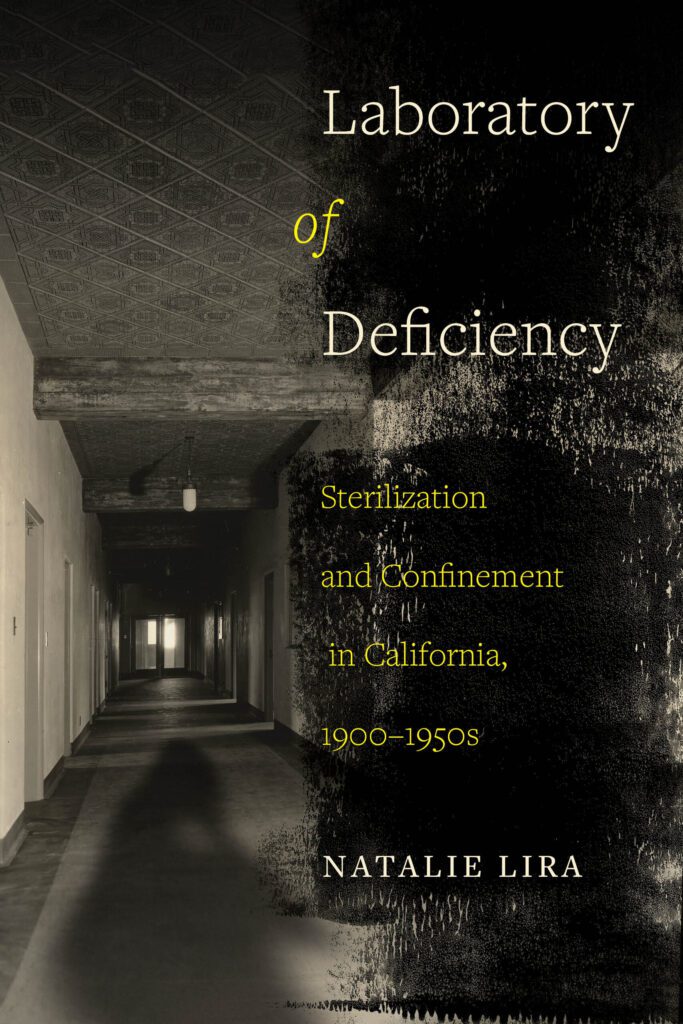
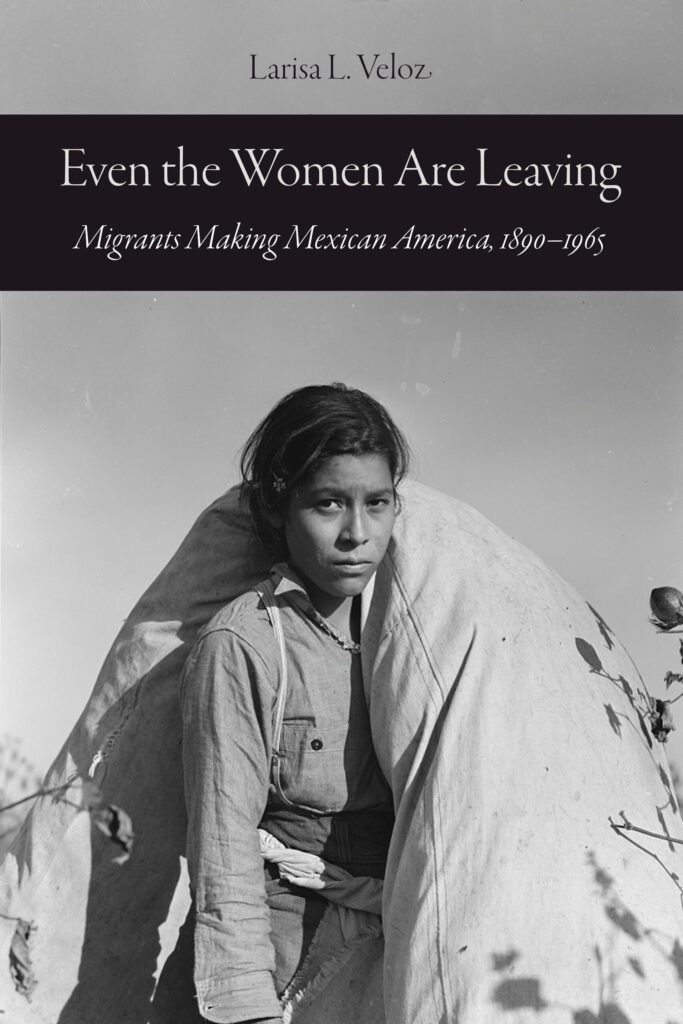





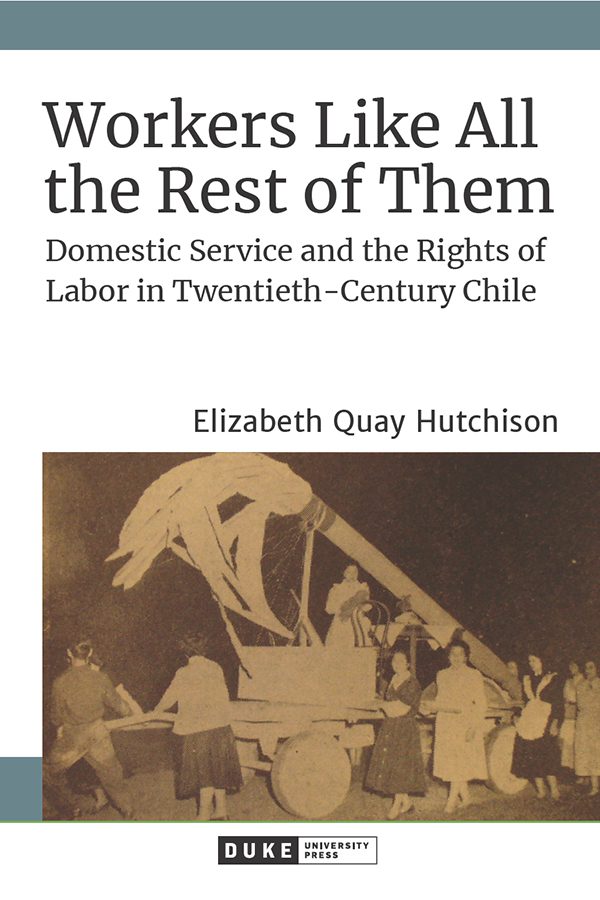

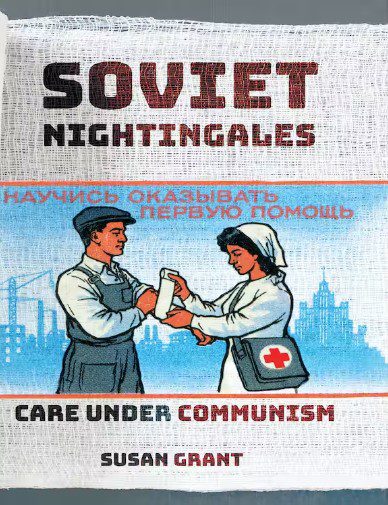
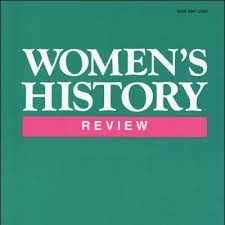
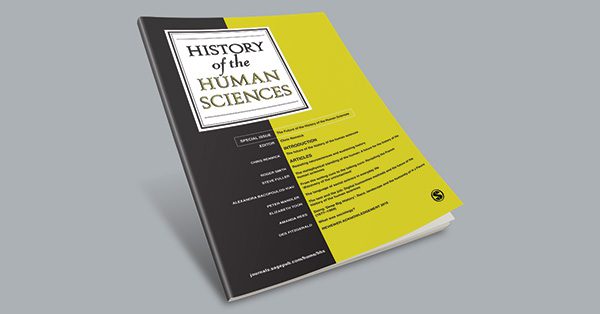

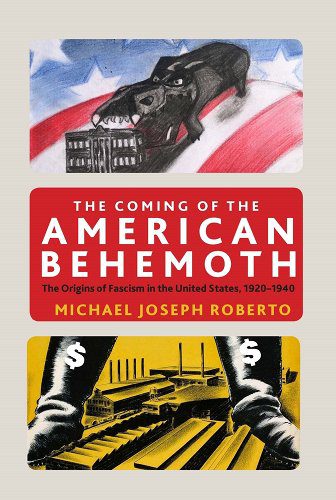




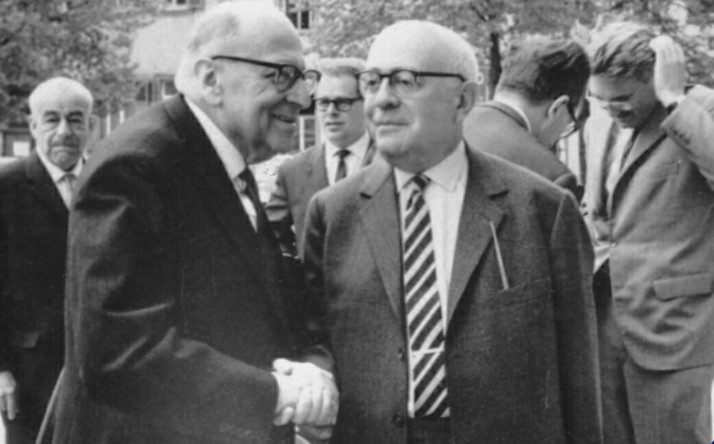
Reflections on the legacy of the Frankfurt School. Above: Max Horkheimer (center left), Theodor Adorno (center right), and Jürgen Habermas (far right) at the Max Weber Institute for Sociology in Heidelberg, 1964.

